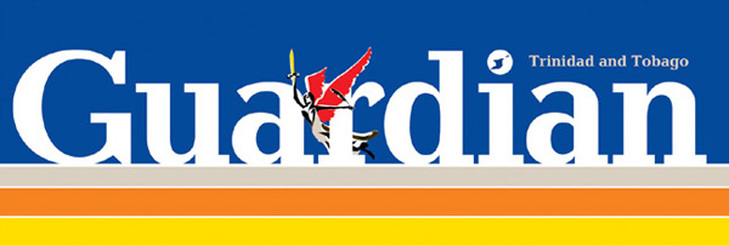According to Prof Philippe Van Parijs, a leading proponent of the BIG and author of Real Freedom for All, the BIG is a universal income paid by the government of a nation to all its adult citizens and permanent residents. This income is paid to everyone unconditionally whether they are rich or poor, want to work or not, are living alone or with others.
The idea exists in a multitude of versions and unites supporters across generations. Including intellectual heavyweights from both the right and left of politics such as Martin Luther King Jr, Richard Nixon, Joseph Stiglitz, Kari Polanyi Levitt, Henry George, Milton Friedman and Frederich Hayek.
Hypothetically the BIG would firstly provide enough income to cover an individual’s basic needs, which are most commonly understood as eating, drinking and housing. It is worth noting here that the anthropological record suggests that aside from sanction or other specific reasons, in primitive economies individuals were not allowed to starve or fall into destitution aside from when the whole community fell on hard times.
As Polanyi Levitt puts it, and anyone who has read The Great Transformation by her father Karl might remember: “The idea that fear of hunger and love of gain were the motivating drivers of economic life is historically very recent.” Aside from covering our basic needs and freeing us from absolute dependence on wage income, a BIG is also designed to satisfy another level of human needs often referred to in philosophy as our “radical needs.” Radical needs refer to such things as health, dignity, and education.
They are the needs humans require to develop personally and to cultivate the lifestyles they choose. They are the needs we require to have real freedom as a citizen to enhance our personal capabilities and be valued members of communities. These include the right to non-conformity and dissent, a driving logic of social change itself.
So how much would each citizen get as a BIG? This figure needs research and discussion. It is not something anyone currently knows with certainty, but if we borrow from the experiments and research into BIGs in Namibia, South Africa, India, Iran, and the US, there is a back of a napkin scenario we might propose.
Perhaps for argument sake, each T&T citizen and permanent resident over 18 is guaranteed an income of $10,000 a month (this figure is pulled out of the air, different proponents suggest different amounts, I went high). Enough to live on—save and budget—and provide people with real liberty in the political sense, but as the BIG can be topped up through work or other incomes like royalties, not enough to deter people massively from work.
According to the peer-reviewed research the dominant view is there will be a slight downward effect on workforce participation—one study observed a decline of five per cent. However, many in that five per cent used the BIG to pay for and pursue adult education offsetting this decline.
One economic argument in favour of the BIG is that citizens spent it locally on consumption goods creating market opportunities for producers and entrepreneurs. From a social justice point of view it also releases people from poverty. And there is the political argument that it guarantees subsistence for those who want to pursue alternatives to capital accumulation.
Today these include music, artistry, childcare, nursing, philosophy, social work, farming, community development, political activism, teaching, and many other important areas of human life denigrated because of their lack of economic profit. In the process, reducing the pool of ideas for social change.
In theory a national BIG could be paid for by replacing the majority of welfare programmes already in place. Since everyone would get the same BIG, it would also abolish the complicated bureaucracy, government bias, and wasteful administration behind the current welfare state and its means-testing systems. As such, many advocates suggest by diverting resources, alongside some new progressive and old taxes like inheritance tax, wealth tax, pollution tax, vice taxes, and taxes on luxury goods, a BIG could—theoretically—be funded.
Of course, the BIG raises a multitude of questions. What about citizens under 18? What if the workforce shrinks too far? What if the tax burden becomes too great? What if the BIG creates a new class system? While there is certainly a lot more to discuss and consider, the BIG is one idea amongst many a twin-island nation and gas economy with a massive bureaucracy and welfare state might discuss moving forward.
http://m.guardian.co.tt/columnist/2015-03-01/new-politics-distribution

 RSS Feed
RSS Feed